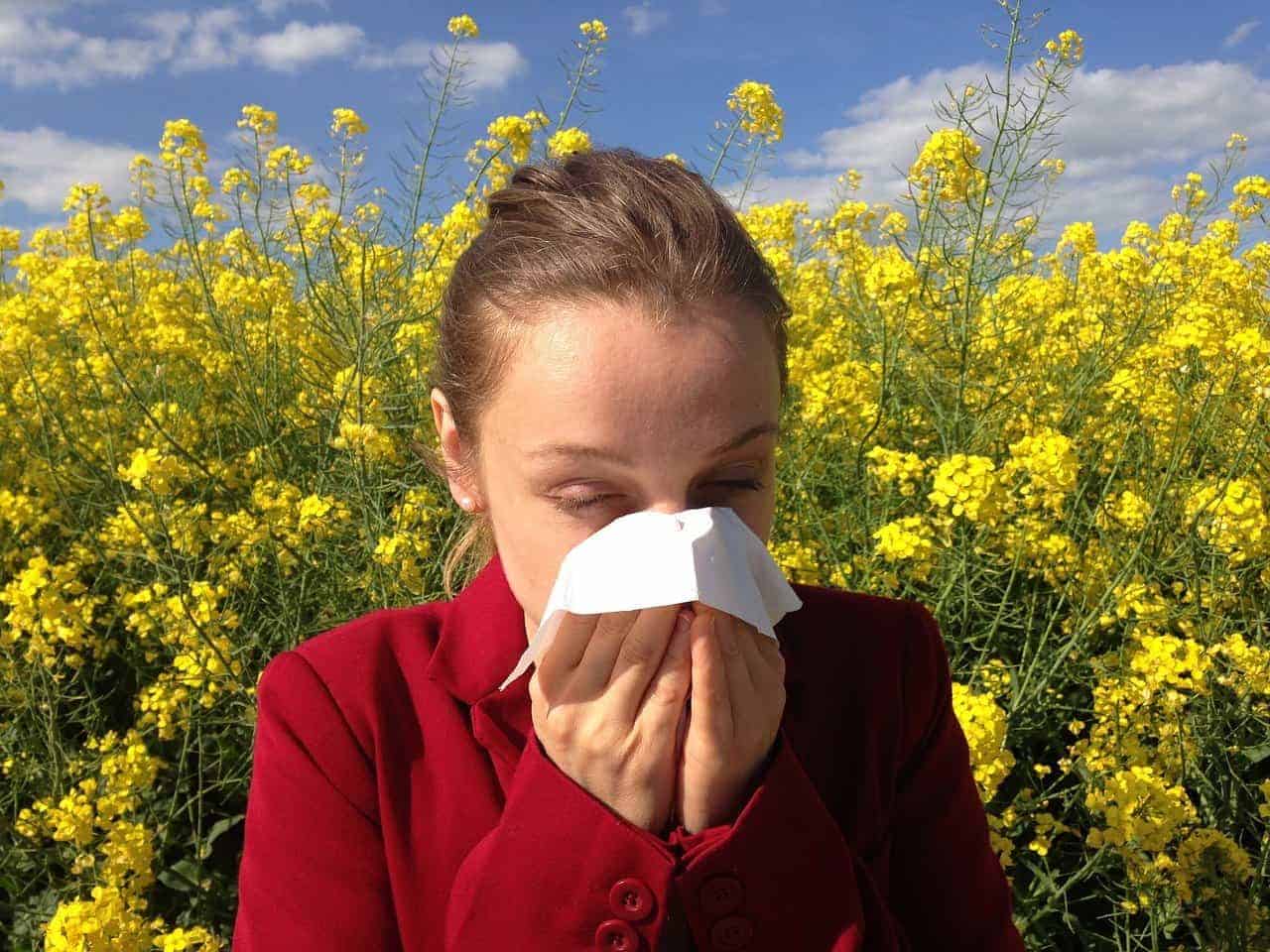As most of us know, Costa Rica is one of the most biodiverse countries in the world, having 5% of the world’s biodiversity. There are around half a million species of plants and animals living here!
As nice as those sounds, having rich flora brings its own share of problems. Such as allergies! Pollen allergy is the most common of them all.
What is Pollen?
Pollen is a fine to coarse powder that is present in the stamen of male flowering plants and generally carried through the air to the pistil of female plants. Pollens that cause allergies are of the type that is dispersed by air currents. These pollens are lightweight so that they can travel large distances, which makes them more likely to be inhaled, bringing them into contact with sensitive nasal passages.
Some common symptoms of pollen allergy are:
- Runny nose & nasal congestion
- Itchy throat, nose, or roof of the mouth
- Itchy, watery, and red eyes
- Sneezing or cough
People suffering from these allergies have a tough time. For some it’s seasonal, but for some, it’s an everyday battle as plants bloom throughout the year in Costa Rica. While it is not possible to completely eradicate the allergy, you can protect yourself from pollen to some extent by practicing care and precaution.
7 Tips to Protect Yourself from Pollens
1. Know what you are allergic to
If your allergy is seasonal, you need to know exactly what triggers those reactions. There are a few types of plants that are known to cause pollen allergies.
- Grasses – Ryegrass and timothy grass
- Weeds – Ragweed, mugwort, nettle, sorrel, and goosefoot
- Trees – Berch, alder, cedar, willow, plane, hazelnut, hornbeam, and olive
Knowing what type of tree, grass, or weed carries the pollen you are allergic to will help you stay protected, and prepare you to take appropriate action. People tend to blame their pets for triggering allergic reactions in them when it’s mostly the pollen that they are carrying on their fur.
2. Start your medication early
When you know which time of the year your allergy starts, it really helps to start your medication one month prior to the allergic season, so that there is a better chance for medication to get into your system and start working.
Since allergies are common in Costa Rica, there are some very good ENT doctors (ear, nose, throat) who specialize in allergies. You can also consider an allergy treatment with an ENT specialist.
3. Keep your home clear of pollen and dust
Dust may carry pollen and it’s best to keep your home clear of dust. It is also advisable to vacuum clean your interiors every week so as to get rid of the dust and keep your house clean. Avoid lighting cigarettes, fires, or any other thing that produces smoke, as these can trigger allergic reactions.
4. Be aware of the pollen count
The pollen count is “a given amount of pollen in a specific amount of air during a particular period”. You can check the pollen count for your area on websites, like weather.com, which maintain and provide information on the pollen count. You can then use this information to prepare yourself for periods of high pollen count. Take proper measures and avoid going out during this time.
5. Clean up after coming from outside
During allergy season, it is advisable to clean yourself up after coming from outside. This includes taking a shower, washing your hair, and washing your clothes. This will prevent you from getting allergic reactions to pollen that you might have brought from outside and keeps your home clear of the pollen.
6. Protect yourself when outdoors
Before stepping out, remember to wear a mask to reduce your exposure to pollen. Taking an antihistamine before you get outdoors, also helps in preventing allergic reactions to pollen.
7. Be careful with pets
Despite what you do, you may still have pollen in your house. Your pet can be a potential carrier of pollen. It is important to brush their fur frequently and give them a bath regularly. Remember to wash your hands after petting them and do not rub your eyes with those hands.






